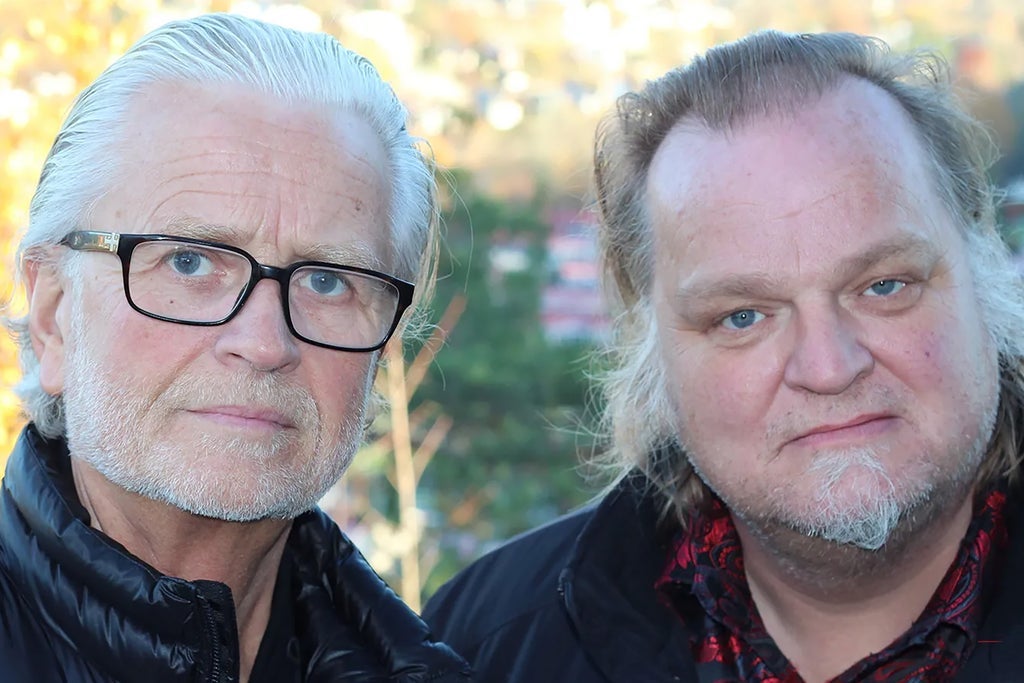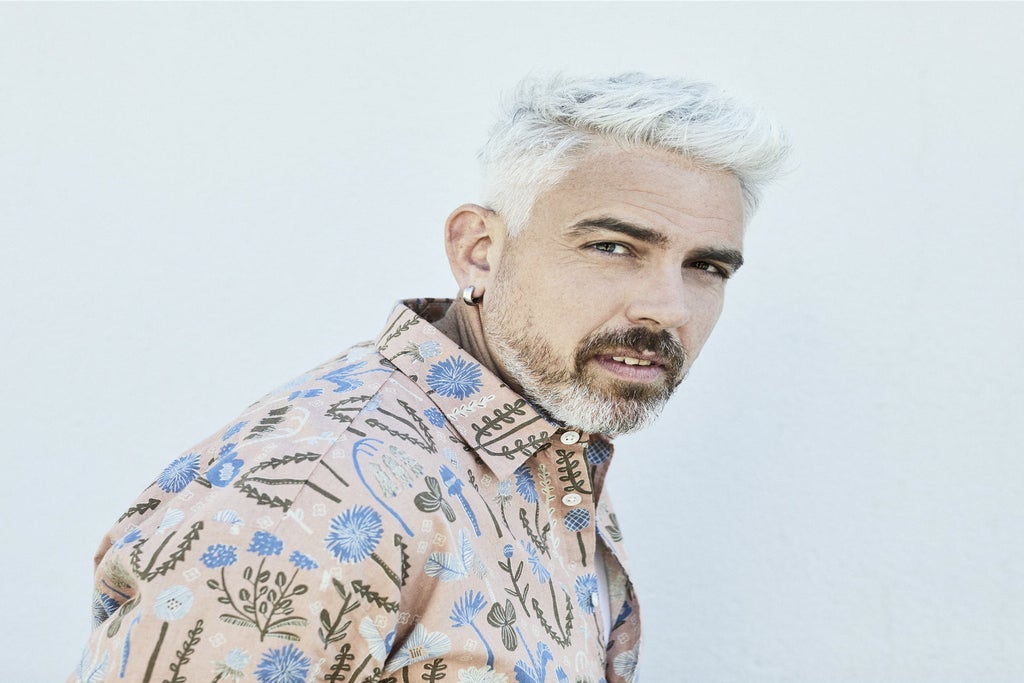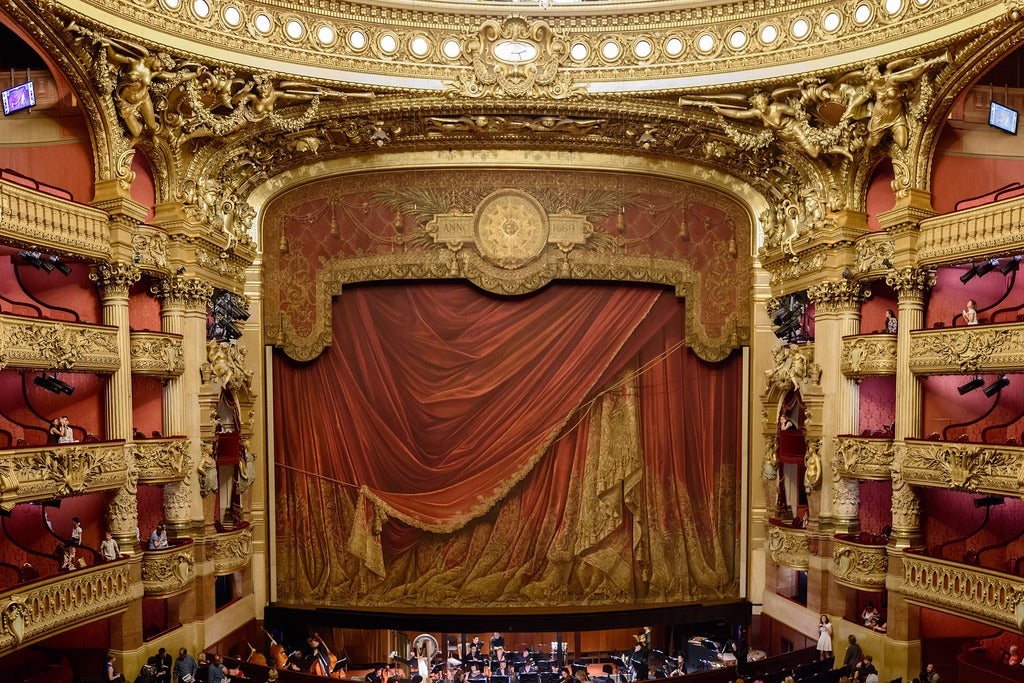We will never know how death revealed itself to Mozart and when and in what form it dispatched its messengers to him. Nevertheless, all the music composed in 1791, his last year, reveals to us that Mozart had heard and accepted their message without fear. Mozart loved exhilaration and could only live by it: exhilaration through love, work, or beauty. With the sense that little time remained, he resolved to leave this Earth exhausted, and consumed himself in his final works. Although utterly dissimilar, they would epitomise him entirely: La Clemenza di Tito, Die Zauberflöte and the Requiem. Nourished by the philosophy of the Enlightenment, Die Zauberflöte is a parable around the main themes of the 18th century: nature and culture, education and morality, truth and religion. It expresses his convictions with an assertive naïveté and a touching simplification of the choices that every living human must make. It is this very simplicity which is so essential when time is short, when everything falters and one has to express oneself clearly and ensure that one is understood.
At once a magical tale, a popular comedy, a philosophical fable, a religious mystery, and a masonic opera, Die Zauberflöte finds its miraculous simplicity in the midst of all this chaos: it shows us pain and comfort, day triumphing over night and the path of love and fraternity which we must all follow if we wish to be worthy of humanity.
Cast and Creative team for Die Zauberflöte at Opéra national de Paris - Opéra Bastille
Robert Carsen Stage director
Michael Levine Sets
Petra Reinhardt Costumes
Robert Carsen, Peter Van Praet Lighting
Ian Burton Dramaturge
Patrick Marie Aubert Chorus master
Pavol Breslik Tamino
Eleonore Marguerre Erste Dame
Louise Callinan Zweite Dame
Wiebke Lehmkuhl Dritte Dame
Daniel Schmutzhard Papageno
Franz Josef Selig Sarastro
François Piolino Monostatos
Julia Kleiter Pamina
Sabine Devieilhe Königin der Nacht
Terje Stensvold Der Sprecher
Eric Huchet Erster Geharnischter
Wenwei Zhang Zweiter Geharnischter
Videos

|
BENCHED
Rødovre Teaterforening - Viften (3/13 - 3/13) | |

|
Kleive & Reiersrud
Flekkefjord Kirke (4/26 - 4/26) | |

|
Dödlig Duett 1931
Aspenäs Herrgård (10/4 - 11/15) | |

|
Velká muzikálová show
O2 universum (10/7 - 10/7) | |

|
AVATAR: THE LAST AIRBENDER IN CONCERT
Oslo Spektrum (3/18 - 3/18) | |

|
TRYGVE SKAUG-#alltidpåtour
Brygga Kultursal (3/14 - 3/14) | |

|
ROMEO ET JULIETTE
LA COUPOLE (4/4 - 4/4) | |
| VIEW SHOWS ADD A SHOW | ||
Recommended For You


